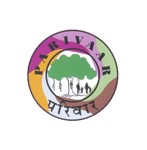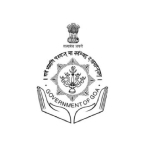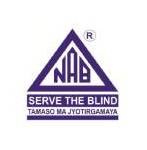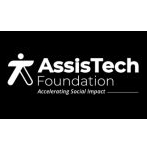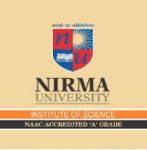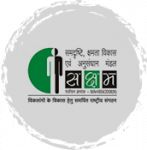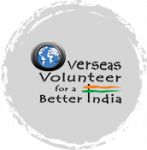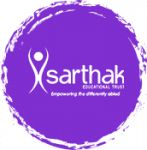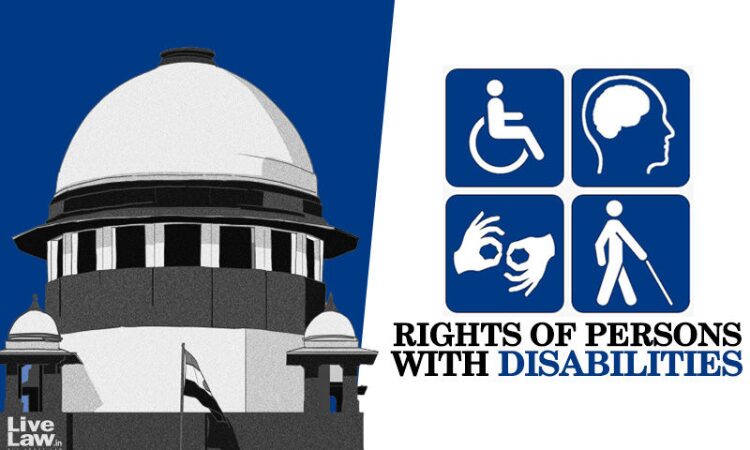
The Chief Justice of India Dr. D.Y. Chandrachud on Saturday(September 28) launched the ‘Handbook Concerning Persons with Disabilities’ of the Supreme Court of India at the 9th Annual National Consultation Stakeholders Consultation on ‘Protecting the Rights of Children Living with Disability and Intersectionality of Disabilities’ organised by the Juvenile Justice Committee, Supreme Court of India and in association with UNICEF India.
Justice B.V. Nagarathna, Chairman of the Juvenile Justice Committee, who spoke at the event, referred to the judgment of the Supreme Court on disability rights which states: “Language that individualises the impairment and overlooks the disabling social barriers (e.g. terms such as “afflicted”, “suffering”, and “victim”) should be avoided or adequately flagged as contrary to the social model.’
The handbook prepared under the guise of Justice Nagarathna under Part II has dedicated an entire chapter titled ‘Language And Disabilities’.
To read the full news, click here.
Read the Handbook below:
handbook_compressed




